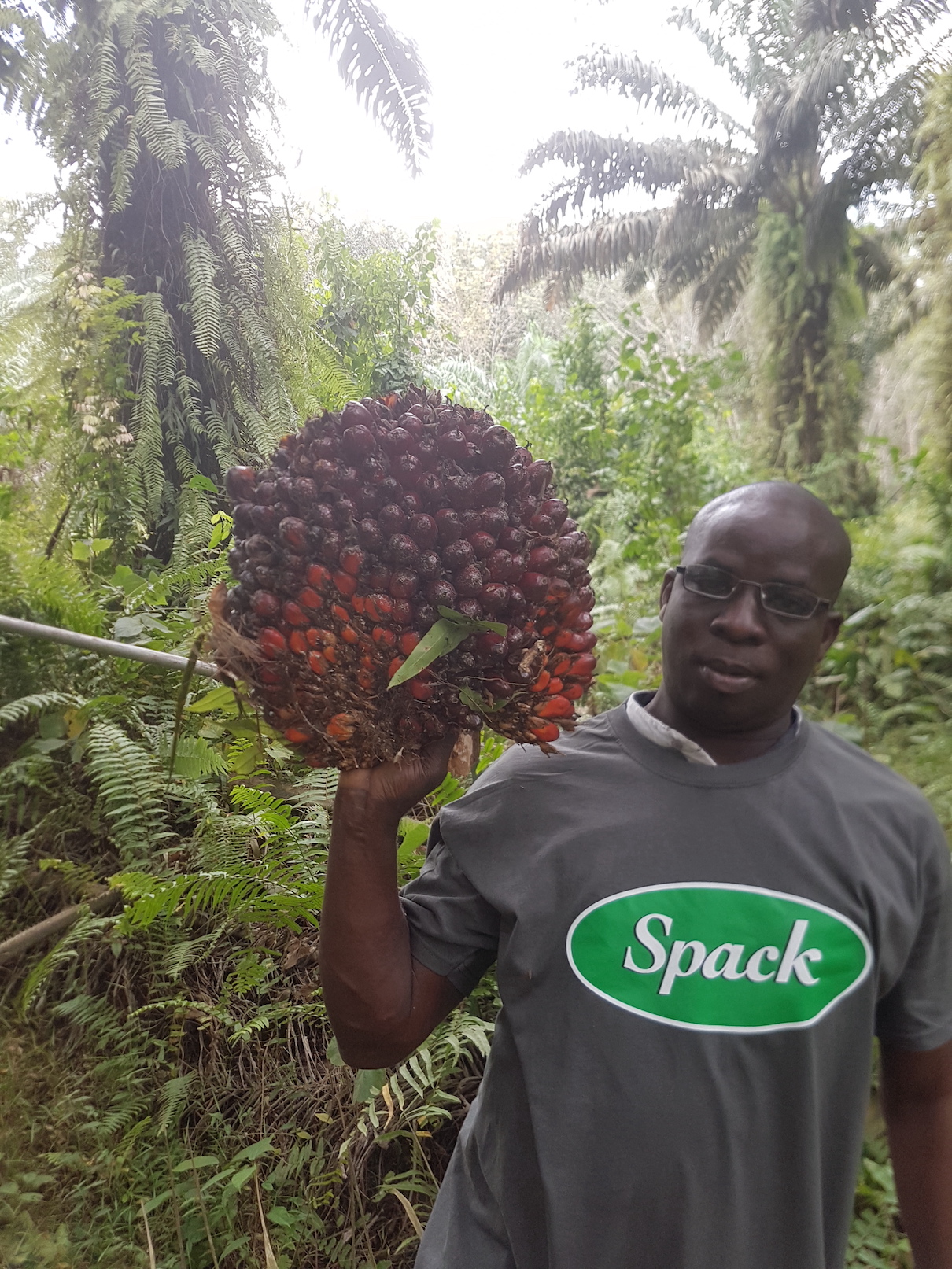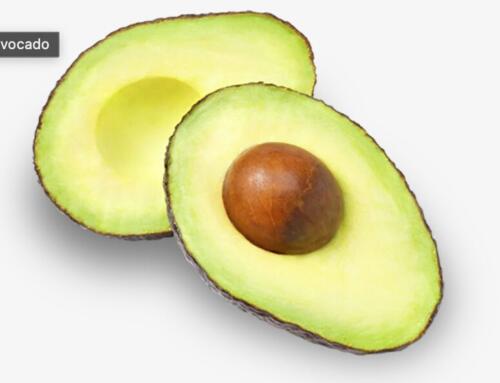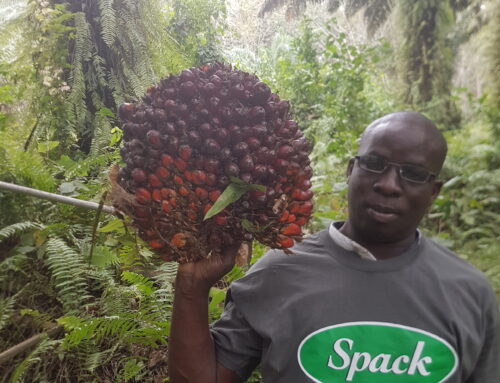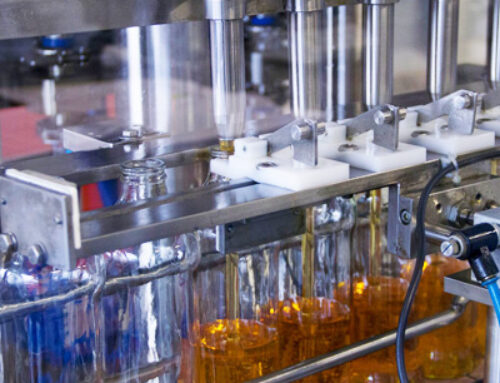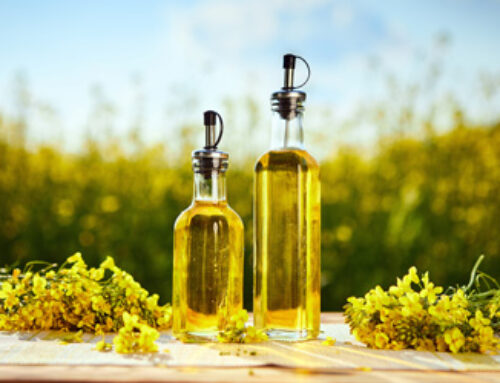Palm Oil Demystified
by Jackie Greatorex
Palm Oil is among the world’s most versatile raw materials. Also referred to by its botanical name, Elaeis guineensis, this genus of palm is native to west and southwest Africa. Alas, palm oil has been the subject of controversy over the years. We’d like to take a minute to debunk some of the myths that have surfaced and share pertinent information for inquiring minds. As we say: Palm Oil Demystified .
What is Palm Oil?
Crude palm oil is derived from the mesocarp, or reddish pulp, of the fruit of the oil palms, by a physical extraction method known as cold pressed. It is then physically refined at our refinery plant in the Netherlands. Palm Oil is semi-solid at room temperature and has a rich history of many different uses. Humans used oil palms as far back as 9,000 years ago. In the late 1800s, archaeologists discovered a substance they concluded was palm oil in a tomb at Abydos dating back to 7000 BC.
What is Palm Oil’s Composition?
Composed of fatty acids esterified with glycerol, palm oil has an especially high concentration of saturated fats. Most prominent is the C:16 carbon saturated fatty acid, palmitic acid, (between 39-47%) from which its name is derived! Also high up there in the carbon fatty acids is C:18, oleic monounsaturated fat. Crude palm oil is rich in carotenes which give it a characteristic dark red color. Once refined, bleached and deodorized from crude palm, the carotenes are removed in the process and the color ranges from light yellow to orange.
What is Palm Oil used for?
Palm Oil is widely used in food processing and can be found in close to 50% of products consumers purchase and use on a daily basis such as bread, pastries, cereal, peanut butter, chocolate, and margarine. It can even be found in ice cream! It is also found in personal products such as shampoo, soaps, cosmetics, cleaning products and biodiesel in many parts of the world.
Why Palm Oil?
Because it is extremely versatile, and has many different properties and functions, palm oil is useful and widely used. It is semi-solid at room temperature, which helps to maintain texture in certain recipes. It is also resistant to oxidation which gives products a longer shelf life. Palm oil is stable at high temperatures which makes it a popular choice for frying products such as chips or tortillas. Palm oil is odorless and colorless which doesn’t alter the look, smell or taste of food products. It is used in cosmetics for its moisturizing and texturizing properties and in cleansers because of its foaming properties.
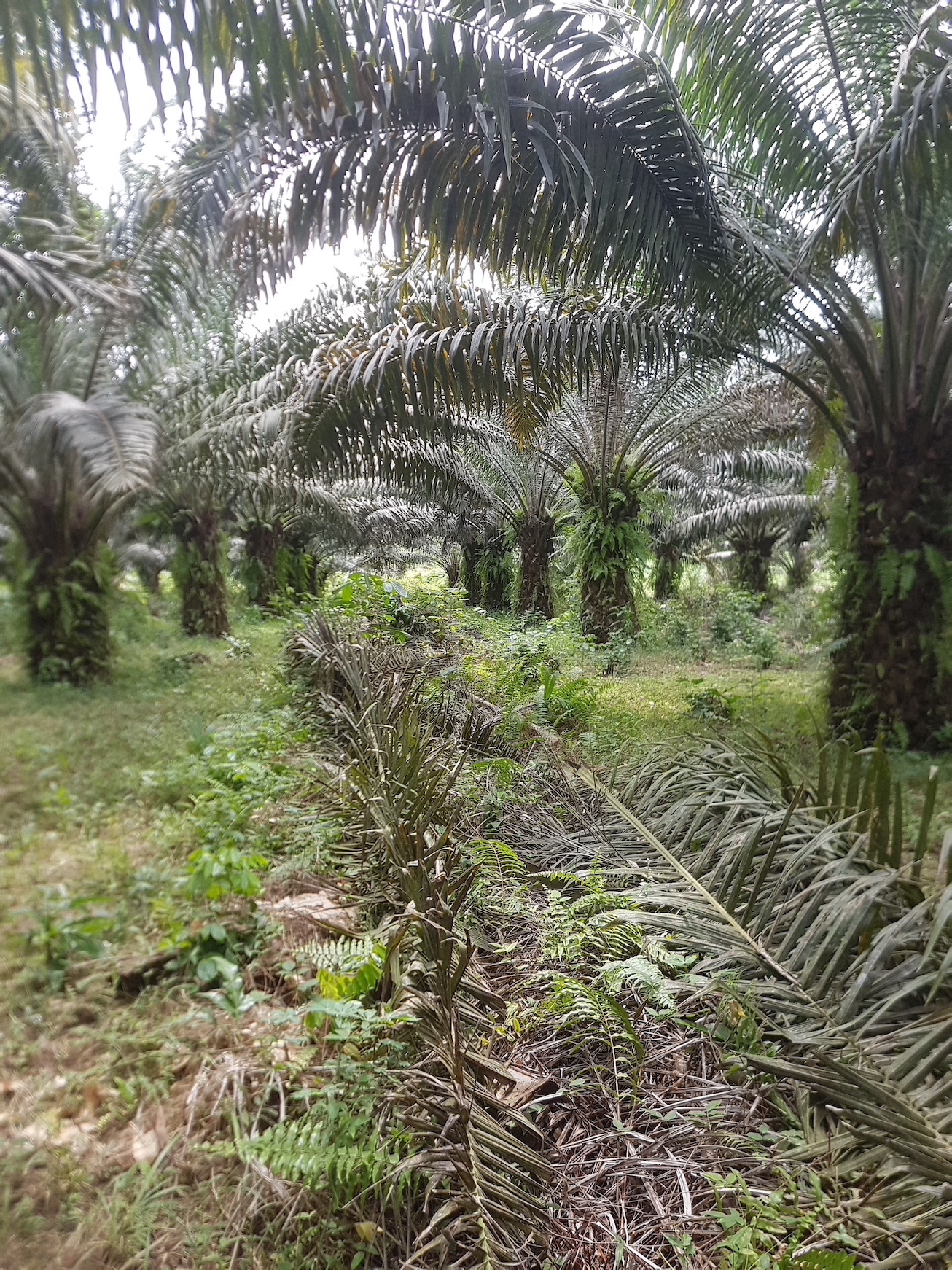
Challenges due to Palm Oil
There has been much controversy with palm oil due to the deforestation of some of the world’s most biodiverse forests. Indonesia is being deforested faster than any other country. Large areas of tropical forests and other ecosystems with high conservation values have been cleared to make room for palm oil plantations. This forest loss coupled with conversion of carbon rich peat soils are throwing out millions of tons of greenhouse gases into the atmosphere contributing to climate change. There also remains some exploitation of workers and child labor. These are serious issues the palm oil sector has been addressing. RSPO, or Roundtable on Sustainable Palm Oil is an established and well renowned organization which has taken the challenges in the palm oil industry on to create accountability.
RSPO has developed a set of environmental and social criteria which companies must comply with in order to label their products Certified Sustainable Palm Oil. At Spack International, we are proud to offer an organic palm oil that is RSPO IP certified. IP stands for Identity Preserved, which is the highest designation offered. Spack has a close relationship with the farmers of a small organic palm cultivation project in West Africa. Our organic palm oil is considered of the highest quality and we keep a pulse check on ensuring a reduction of negative impacts on the environment and in the communities of West Africa. For more information on our Organic Palm Oil, click here.
What is the U.S. doing about these challenges?
The U.S. Customs and Border Protection has banned imports of palm oil from two Malaysian producers over allegations of forced labor during production. Malaysia relies on over 300,000 migrant workers to harvest palm fruit. This ban is an attempt to force Malaysian palm oil producers to adhere to strict policies against unethical labor practices. Both companies have issued press releases that they are ready and willing to work with U.S. government and others to address their concerns. They are committed to implementing robust policies to protect worker’s rights.
The future will learn what this means, for information click here. Because we source our organic palm oil from Africa, Spack International’s supply has been reliable and consistent. We do Palm completely different than the Palm crop produced in Asia, which is devastating for the planet.
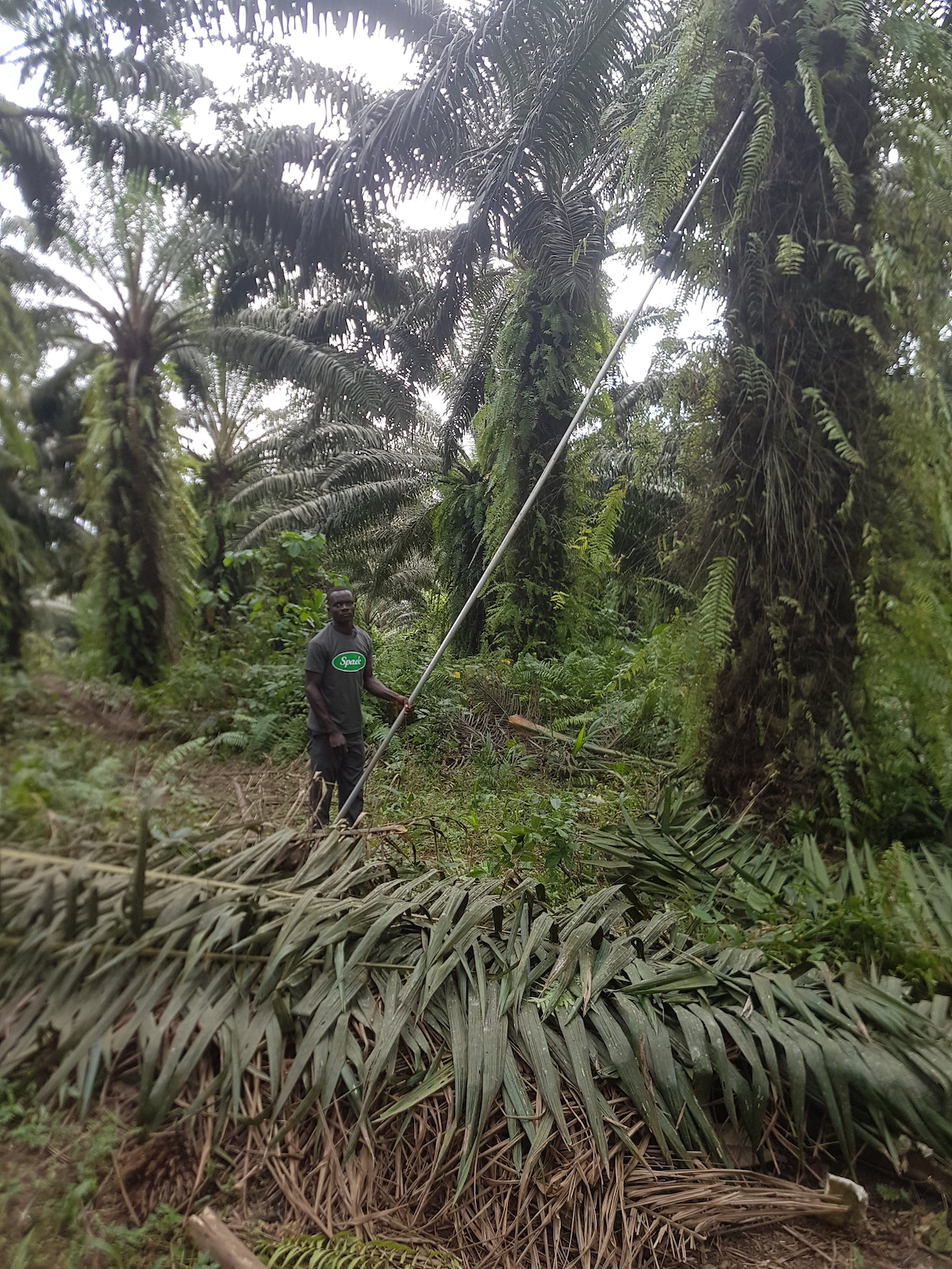
Why not boycott palm oil?
Palm oil is incredibly efficient and is the highest yielding vegetable oil crop. Oil palm produces up to nine times more oil per unit area than other major oil crops. Palm oil supplies 35% of the world’s vegetable oil on just 10% of the land allocated to oil crops. To switch to an alternative, such as soybean oil, would require up to nine times as much land to produce the same yield. This would increase deforestation.
Boycotting palm oil could drive the price down. This could increase demand, especially in markets which have less interest in sustainability which reduces the incentive to produce sustainable palm oil. Palm oil plays an important role in the reduction of poverty in the areas where people work in the palm oil sector. Boycotting palm oil is not the answer. Finding and sourcing from producers that support sustainability and protect worker’s rights will maintain palm oil usage and its anticipated growth for many years to come.
Spack International has new harvest Organic Palm Oil coming to the US in May 2021, all packed in open top drums, gives us a shout.
